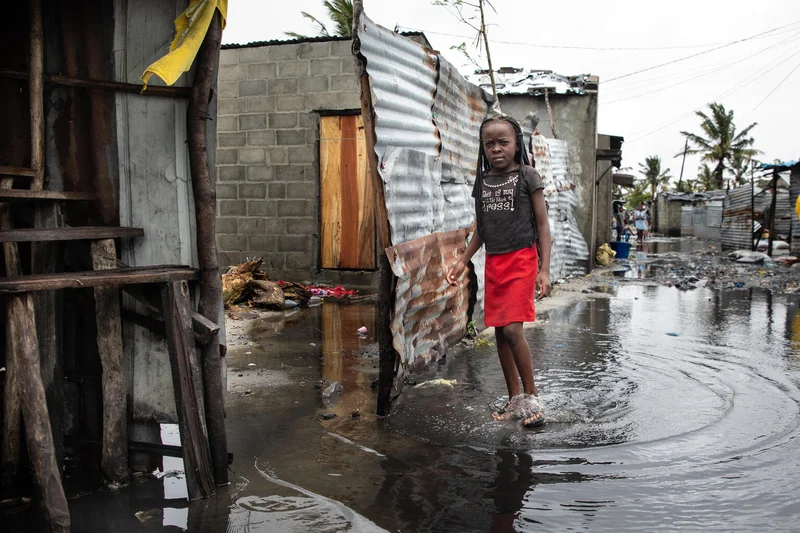Tracking Wealth Through the AI Lens
Tracking Wealth Through the AI Lens
The news out of London is more than just a legal victory; it's a seismic shift in accountability. BHP, one of the world’s mining behemoths, has been found liable by the UK High Court for the 2015 Mariana dam collapse in Brazil—a disaster that unleashed hell on earth, claiming 19 lives, obliterating homes, and poisoning the Rio Doce. This isn’t just about compensating victims; it's about setting a precedent. A precedent that says: if you mess with people’s lives and the environment, you'll be held accountable, no matter how deep your pockets are, or how far away you think you are.
Now, BHP is appealing, of course. They're saying that many claimants have already been compensated in Brazil. But let's be real—the wheels of justice often grind slowly, especially when powerful corporations are involved. Pogust Goodhead, the UK firm representing the claimants, alleges that BHP and Vale pressured claimants to settle for far less than they deserved. Can you imagine the sheer audacity of causing such devastation and then trying to lowball the victims? It's like kicking someone when they're already down, and then offering them a band-aid as compensation, and it makes you wonder what other corporate giants are taking notes.
This ruling feels like a turning point. Like the moment when David finally slung his stone at Goliath, except this time, David is a collective of over 600,000 people, and Goliath is a multinational corporation with billions at its disposal. The judge, Finola O'Farrell, stated that raising the dam's height when it was unsafe was the "direct and immediate cause" of the collapse. It's a statement that resonates far beyond the courtroom. It’s a statement that says negligence has consequences, and those consequences can reach across continents.
What’s truly exciting here is the ripple effect. The fact that a UK court is holding an Anglo-Australian company accountable for damages in Brazil opens up avenues for similar cases around the world. Think about it: how many environmental disasters have gone unpunished because the victims lacked the resources to fight back? How many communities have been silenced by corporate power? This ruling gives them a voice, a fighting chance. It's like the legal equivalent of open-source software—a framework for justice that can be adapted and applied in different contexts. UK court finds mining firm liable for Brazil's worst environmental disaster

And it’s not just about legal precedent. It’s about changing the culture. It’s about sending a message to corporations that environmental responsibility isn’t just a PR exercise, it’s a moral imperative. It’s about saying that profit can’t come at the expense of human lives and the health of our planet. What if this becomes the norm? What if companies start investing in preventative measures, not because they have to, but because they want to?
There's a deeper, more philosophical question here, too. As technology advances and our capacity to impact the environment grows, so must our sense of responsibility. We can’t just blindly pursue progress without considering the consequences. We need to develop a new ethic, one that values sustainability, justice, and the well-being of all living things. It's easy to get caught up in the excitement of innovation, but we also need to pause and ask ourselves: are we building a better future for everyone, or just for a select few?
BHP and Vale have set up the Renova Foundation, disbursing billions in compensation. But money can't bring back lives or restore a poisoned river. The key question is: how do we prevent disasters like this from happening again? How do we ensure that corporations are held accountable before they cause irreparable harm? We need to move from a reactive approach to a proactive one, from compensation to prevention.
This ruling isn't just about the past; it's about the future. It's about creating a world where corporations are held accountable for their actions, where environmental justice prevails, and where communities are empowered to protect their own well-being. It’s about daring to believe that a better world is possible—a world where profit and purpose go hand in hand. When I read this, I couldn't help but feel a surge of hope. It's a reminder that even in the face of seemingly insurmountable challenges, we can make a difference. This is why I do what I do, and it's why I believe in the power of technology and innovation to create a brighter future for all.